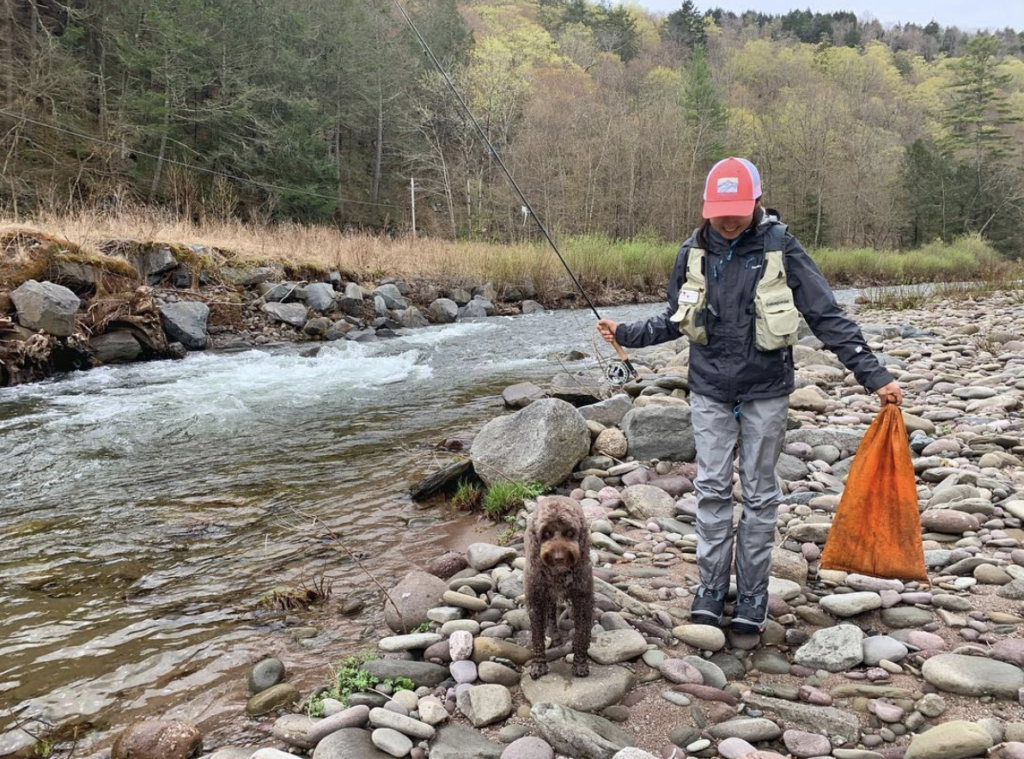With the knowledge that recycling isn’t actually getting recycled, what are our options? Properly cleaning out our plastics to recycle them could do more harm to the environment than good. Think about how much water it takes to completely clean out a jar of peanut butter (I mean spotless), and hot water uses fossil fuels which we know are earth’s worst enemy. Plus, recycling, even when the plastic is completely clean, is super expensive as it needs to be sorted and moved. It’s likely that your jar of peanut butter will need to travel halfway around the world before it can actually be recycled, and unfortunately, many countries have a history of just dumping unusable plastics into the ocean. That’s right, our recyclables have been purposefully dumped into the ocean. The vast majority of ocean plastics today did not come from the lone bottle blowing off of a dock…. it comes from our recycling bins.

If you follow me on Instagram, you know that I love a good plastic cleanup. For awhile, I thought this was the solution to the problem: to clean up the plastic in the ocean, one bottle at a time. What I failed to consider was that it was only a bandaid for a much larger issue. We could remove every piece of plastic from the seas today, but it wouldn’t be a permanent solution. Why? Because every minute, an entire garbage truck of plastic enters the ocean. So, we’d clean it all up only to continue our pollution.
If individual beach cleanups are not the long term solution, then what is?
There are two parts to address to cure the plastic problem. The first part is dealing with the plastic that has already been discarded. Fortunately, there are already various projects in the works around the world to cleanup our oceans on a larger scale! The second is the plastic we are currently continuing to mass produce. While it’s good that we’re working every day to clean the plastic already in the oceans, we also need to decrease our production and use of plastic. If we cut down on our consumption, we will introduce less plastic into the ocean in the first place, which, when paired with cleanups, will make a huge difference over time. It may seem daunting now, but nothing is impossible when we work together!




